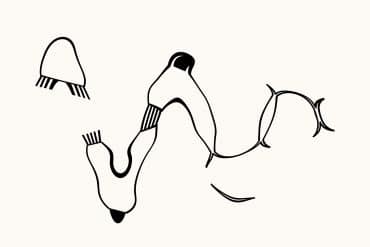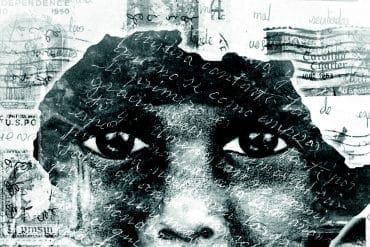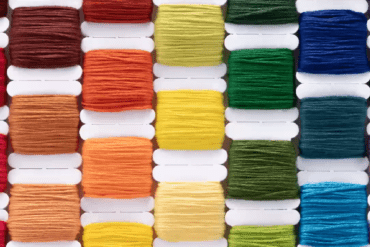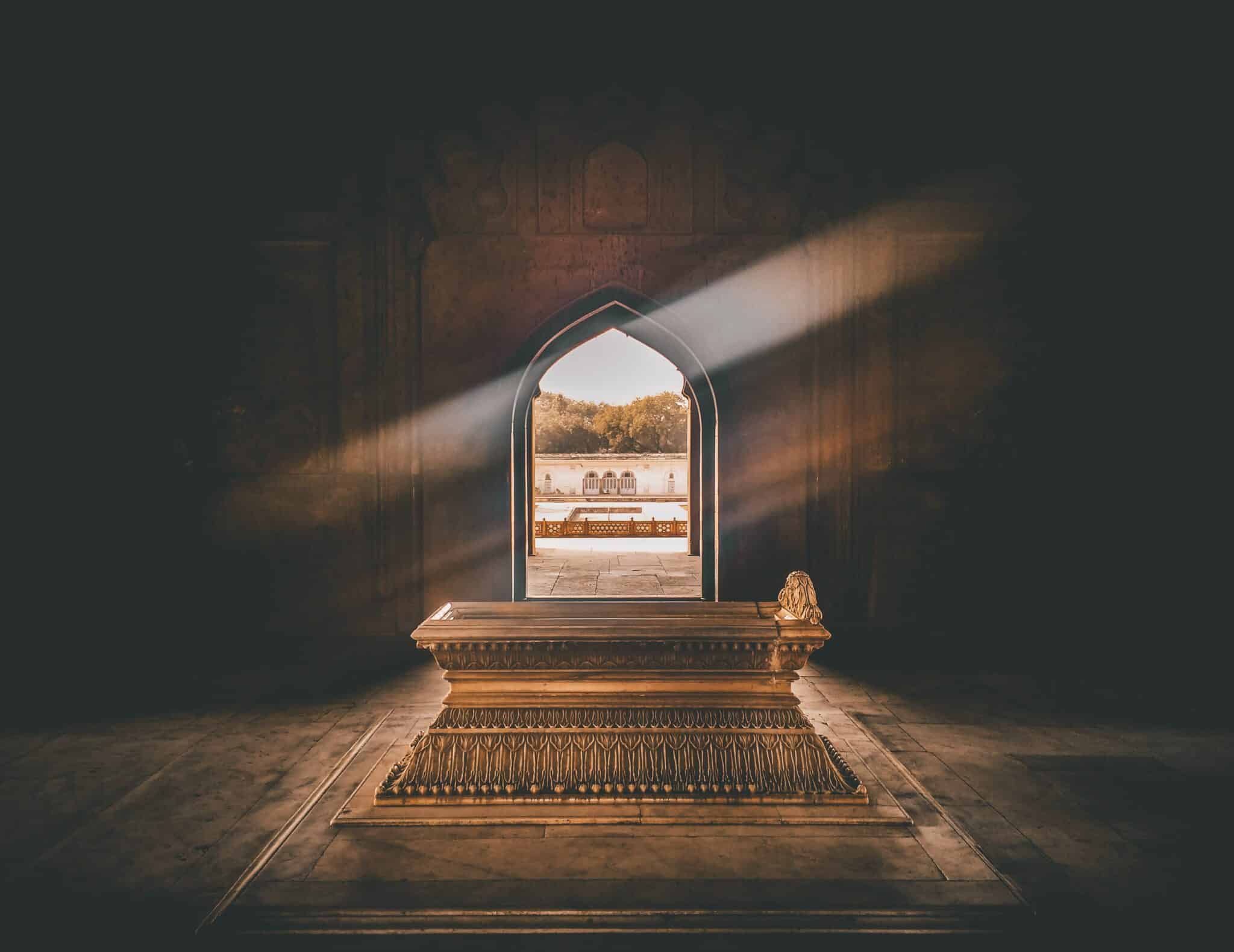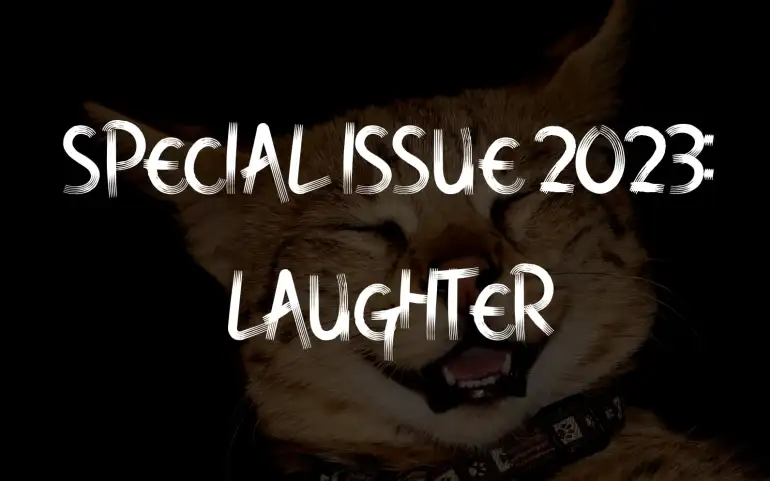The Epidemic No One Talked About: A Love Letter
Author’s Memo
I write to make sense of my realities. Before the pandemic hit, I wrote as a 17-year-old girl from an upper-middle-class family in India who came to college in the US. I wrote about social issues, about the alienation that I felt away from my culture with no family to support me here. During COVID, I had the chance to go back to my country and reconnect with my roots. I was never sad for missing out on the American experience – additionally, as my family said, wasn’t I just so much safer here in India? The US had been through multiple terrifying waves of COVID, and the rips in its social fabric had been clearly exposed. We in India thought we were through the worst, and the only grief I had to speak of in my life were deaths that happened when I was too young to understand grief.
“I know that an issue around laughter must actually be uplifting, and lighter in tone.
India’s culture is complex to put into words. The people are incredibly hard-working, yet always looking to take the shortest way out. The bureaucratic systems are broken, held together only by the fact that 1.5 billion people still need a bureaucracy to function. We’ve suffered from oppressive colonization, economic crises, mass sterilization programs, religious riots, and terrorist attacks. We operate in a particular way – not good, a little bad. But the second wave of COVID truly tested our population to its limits.
I know that an issue around laughter must actually be uplifting, and lighter in tone. But life is a puzzle that is not possible to solve without grief. One cannot forget the sunrise after a dark night, but neither they can the dark night. And most importantly, I am proud of my people. When our entire infrastructure collapsed, everyone rallied around each other. Strangers showed kindness that saved lives or at least provided comfort in someone’s last minutes. We made it through, at an unmentionable expense, but also with an unbreakable bond. Decades-long family feuds faded away; religious fights made no sense at that time. This was the biggest tragedy that we as a people faced after Partition, and we handled it with as much grace as we could.
“This is a love letter to the version of me who had to undergo intensive therapy to overcome the trauma of almost seeing their mother die before them.
There is no such ‘cultural issue’ I address here. I do not address our resilience or our grief. This is a love letter to my people who lost so much over the pandemic, and then towards the near end, lost their loved ones too. This also is a letter to my family that I am making all readers privy to, thus I do not change the Hindi words I use for my family. This is a love letter to the version of me who had to undergo intensive therapy to overcome the trauma of almost seeing their mother die before them. We all made it through, and now, I want people to know at what cost.
I am privileged to be the one to tell this story on this side of the world. I am privileged to be the one to tell everyone reading this what the cost of laughter in India is now.
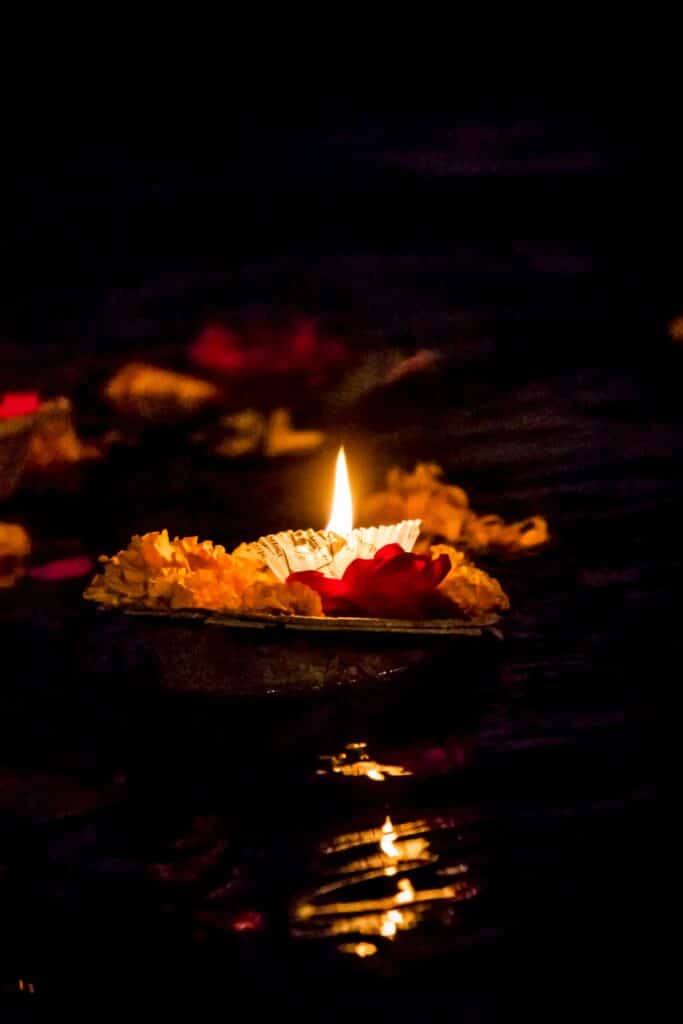
Dear Taiji,
Hope you are healthy and well where you are. I don’t know how this never made it to breaking news, but there was an epidemic in India no one talked about. I thought to write and let you know, because it might bring you some comfort – no one laughed in India during the summer of 2021.
As you know, beginning April, we were all sick. Caught in an epic battle between microbes, there waged a Mahabharata inside our own bodies. Tell me, how do you laugh when the very act of drawing air into your lungs hurt so that it made you breathless? I think you would know that better than me – they discovered my pneumonia early enough, you had to be put on oxygen. April and May passed in a haze. So many occasions passed, which no one could ever celebrate – the neighbor’s wedding, Tauji’s 60th birthday, my grandparents’ 25th wedding anniversary. The prospect of laughter lost could not even be mourned, could it? I never knew how quickly priorities could change when your survival was on the line.
Still, we tried. We laughed with relief when that COVID patient who had been living out of their car finally got a hospital room, still had the energy to watch television and we laughed as our leaders continued to organize election rallies. We ate 15 pills twice a day, and we laughed when we arranged them as flowers and sent them to our friends and family, all doing the same thing.
But then bodies burning on the pyre began to appear on front pages of Western newspapers. The neighbor who was supposed to get married died. My Bua died, and no one could get there in time. My cousin’s Dadi died in the ambulance to the hospital. They took my best frien to a hospital, and my mother’s pulse dropped to 30, and Tauji had a mental breakdown. My 85-year-old Baba was on his deathbed, and Somu Bhaiya couldn’t handle taking care of three sick people, so Baba came to stay with us. I began to do more work around the house – waking up every morning and giving Ma and Baba their medicines. Getting breakfast ordered because no one in the house could cook. When did anyone have time to laugh?
Then, you passed away too. We couldn’t go to your funeral; your son couldn’t light your pyre. We couldn’t tell Baba because he didn’t even know about Bua. And we never told Tauji, who was in the hospital. He just woke up one morning and knew. I don’t know if it was a married couple’s telepathy, or logic. We never asked, and he just knew.
Now, no one had any reason to laugh. We all recovered, and it hit us all that people around us were gone. It became a sick comfort – sure, we lost members of our family, but so did every other family. When I finally came back from America, my friends told me this was bonding over shared trauma. They didn’t understand that for us, it was just a fact of life.
I’m sure up there must have been crowded, I hope you got to meet Dadi. And I hope you can share this with everyone there – we didn’t laugh. The epidemic of no laughter, no happiness spread. We cried in the depth of nights, and in the day, we told each other to stay strong for you. We extensively discussed everything that happened to everyone to the point that I can reiterate it all even now and became familiar with the specter of death; it began sitting at your place on the dining table.
I still remember the first time we laughed after you passed away. We met Didi for the first time. We cried heavily for so long, but after that, my low-functioning autistic Prakul Bhaiya began dancing out of nowhere. Almost as if he knew that he had never danced before, that this was no occasion to dance, but that Bua would have cried out of happiness to see this happen. We cried from happiness that day, and then cried extra hard that night. How could we dare to laugh when you were no longer there?
But things got better. They kept getting better. We found cure, we called it a ‘community immunity from sadness’. And laughter kept increasing. Now, things are almost normal. Just that there’s too much space around the dinner table. My laughter always fades away when I notice that. Now, the lack of laughter isn’t because of an epidemic.
It’s because of you.
All my love,
Your Bhatiji.
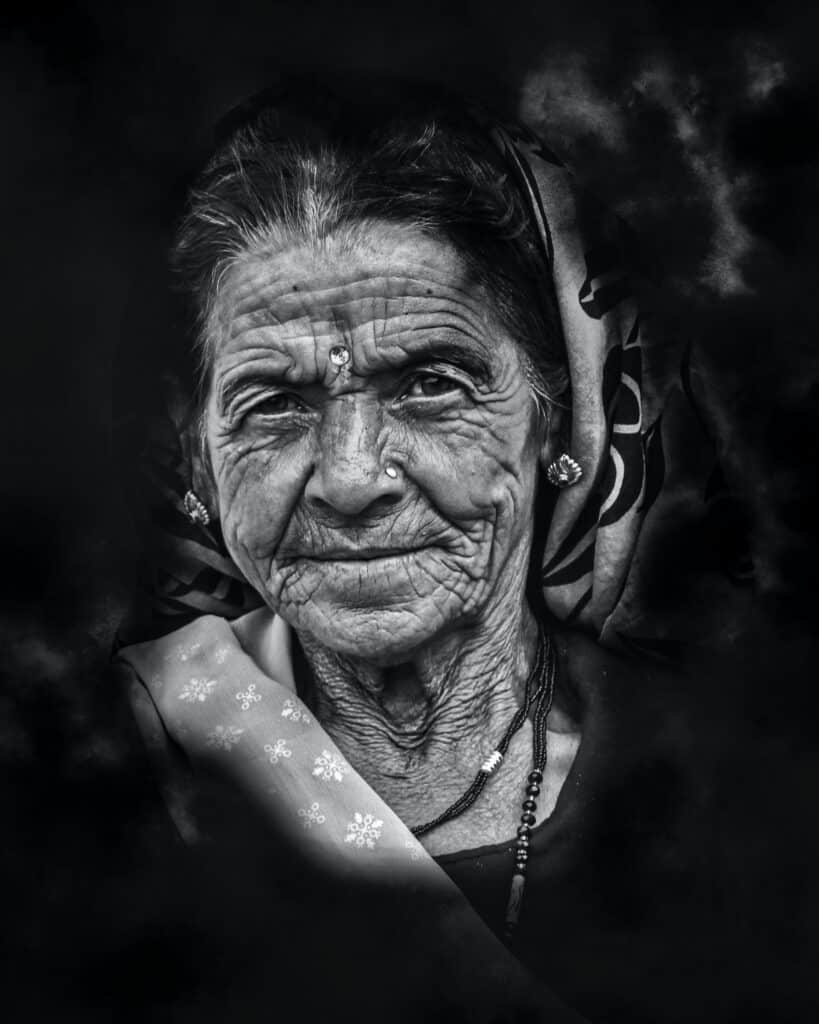
Glossary:
Taiji – my paternal aunt, father’s sister-in-law
Mahabharata – The Mahabharata is one of the two major Sanskrit epics of ancient India. It details an epic war between two groups of cousins for the throne of Kurukshetra.
Tauji – my paternal uncle, father’s elder brother
Bua – my paternal aunt, father’s elder sister
Dadi – my paternal grandmother
Baba – my paternal grandfather
Somu Bhaiya – my elder cousin brother, Taiji’s son
Didi – my elder cousin sister, Bua’s daughter
Prakul Bhaiya – my elder cousin brother, Bua’s son
Bhatiji – the writer, Taiji’s niece
Credits
Image of a candle lit in India for Pexels by Beingthetraveller
Featured Image Inside of a Building from Pexels by Jeswin Thomas
A Picture of a Woman from India for Pexels by Yogendra Singh
Learn More
New to autoethnography? Visit What Is Autoethnography? How Can I Learn More? to learn about autoethnographic writing and expressive arts. Interested in contributing? Then, view our editorial board’s What Do Editors Look for When Reviewing Evocative Autoethnographic Work?. Accordingly, check out our Submissions page. View Our Team in order to learn about our editorial board. Please see our Work with Us page to learn about volunteering at The AutoEthnographer. Visit Scholarships to learn about our annual student scholarship competition.
Ilika Tripathi is a 22 year old trying to use words to make sense of realities. She was born and brought up in Lucknow, India, and moved to the U.S. for college. Her work has previously been published in websites like Flora Fiction




